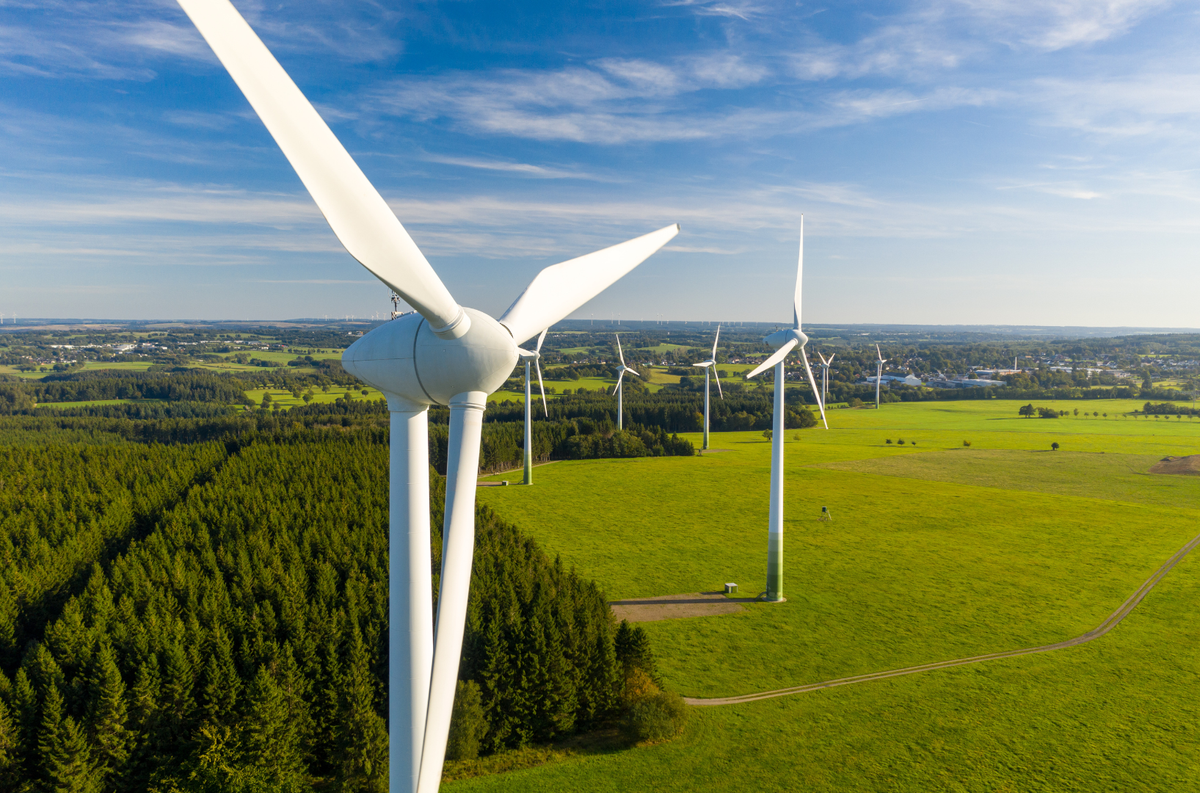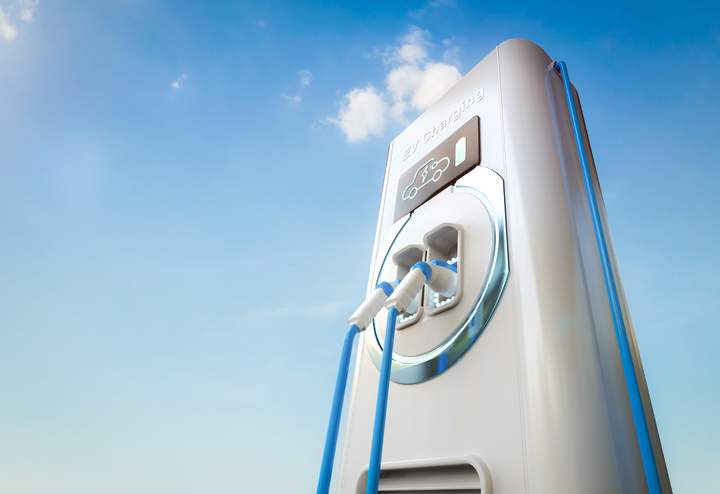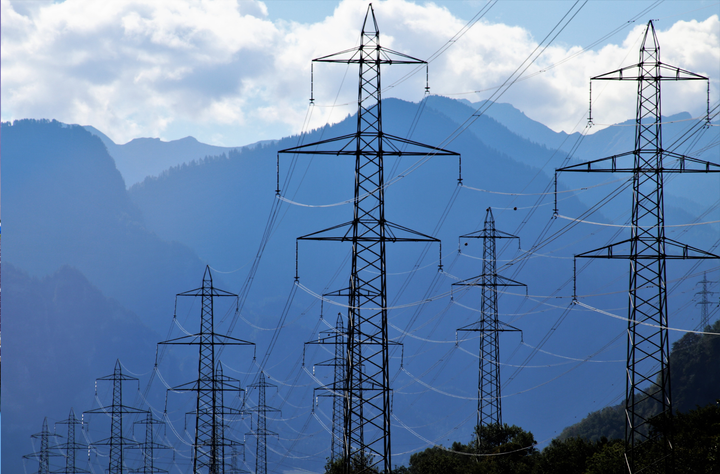Wind, Solar Energy Outpace Fossil Fuels in EU Electricity Production in First Half of 2024

In the first half of 2024, wind and solar power in the EU produced more electricity than fossil fuels for the first time, according to the latest analysis by the Ember think tank. This milestone was achieved despite growing electricity demand on the continent. Germany notably produced more electricity from renewable sources than from non-renewable sources for the first time.
The share of wind and solar energy in EU electricity production rose to a record 30%, while fossil fuels accounted for 27%. Poland saw a 37% increase in solar energy production compared to the same period last year, though its wind energy growth of 2.1 TWh was significantly lower than in Germany or the Netherlands.
Coal and gas shares in European electricity production fell by 24% and 14% respectively. Thirteen EU member states, including Germany, Belgium, Hungary, and the Netherlands, now generate more electricity from wind and solar than from fossil fuels. This trend is driven not only by favorable weather but also by a robust expansion of wind and solar power.
Aleksander Śniegocki, president of the Institute for Reforms, noted that investments in wind and solar energy are a lasting trend, forming a new foundation for European energy. Germany, the EU's largest economy, has reduced its energy production from coal and gas while increasing renewable energy output.
Poland is beginning to join this transition, but continued investment in energy networks, storage, and electrification is crucial. Administrative restrictions on wind turbines remain a challenge, and policy changes are needed to accelerate environmental procedures.
Dr. Daniel Kiewra of the Responsible Business Forum emphasized that energy transformation is essential for market success and company survival. Ember's data highlights the need for a higher share of clean energy in the economy to remain competitive.
Hubert Różyk, spokesperson for the Ministry of Climate and Environment, stressed the necessity of renewable energy for the EU's competitiveness. Poland is working towards a mix based on renewable energy and stabilized by nuclear units, aiming for lower energy costs, economic competitiveness, and price stability. The Ministry plans to support the development of onshore wind farms and modernize transmission and distribution networks.
Source: Slaska Opinia




